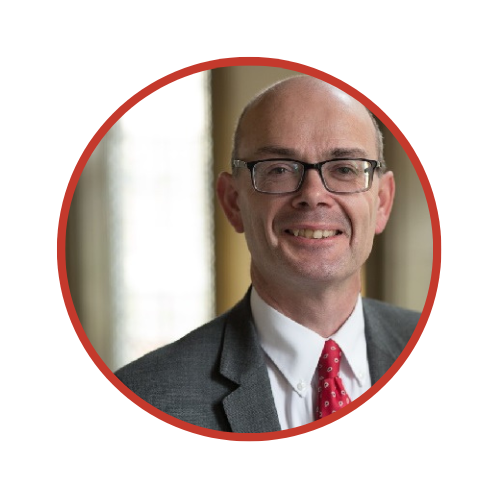HE Governance Career Journey: Mark Rollinson

HE Governance Career Journey: Mark Rollinson
I lead the Governance Office (part of the larger Legal Affairs and Board Secretariat Directorate) which provides professional secretariat support for key University committees. I provide advice and guidance in relation to the University’s governance structure and processes and our governing instruments. Personally, I provide support to the Board of Governors and Audit and Risk Committee, and the Governance Office looks after the majority of Board Committees, Senate as well as the most senior formal management committee, Planning and Resources Committee and a number of its sub-committees. We lead the process of commissioning external governance reviews, leading implementation of recommendations, and we organize induction and development for members. Recently, I have played a lead role in preparing the University’s response to the Higher Education (Freedom of Speech) Act and have a key input into reviewing requests for visiting speakers at the university and Students’ Union.
This is partly driven by the Board and Committee cycle and related compliance and assurance activity-so attending and preparing for meetings, including reviewing and developing business cycles and the Board forward agenda.
Together with the team, I respond to events and ad-hoc queries as they arise and these can sometimes overtake the best laid plans (for example in the past year, involvement in the institutional response to a cyber-attack and student occupation/encampment).
Since the pandemic, we work in a hybrid fashion, and I make sure that the team are all in the office together at least one day per week so that we can meet face to face.
My career began as a graduate trainee in local government, and my later local government career included time as Clerk to the Education Committee in a London Borough, as well as police-community liaison work. I have now spent over three decades in the sector and the bulk of these were at the University of Salford (initially at one of its pre-1996 merger components, Salford College of Technology), most of these in senior governance support roles. I also had a spell at the University of Bradford and between full-time roles carried out an external governance review of another institution which I greatly enjoyed.
After leaving University, I wanted to work in a public/third sector role and developed an interest in governance whilst working in local government. A Londoner by birth, for personal reasons, I was looking to relocate to the North, and found the job at Salford. Joining a small institution in the early 90s was in hindsight fantastic experience as I got a very good general grounding across a range of HE functions and this reinforced my interest in governance, which I have retained throughout my career.
I obtained the Chartered Secretary qualification early in my career and later on a Masters in Education Management, both of which have been very helpful.
I often refer to relevant Advance HE and CUC materials and value these along with informal sector networking opportunities.
I’ve worked with some extremely talented and impressive chairs, Board members and senior managers over the years, so it’s hard to single anyone out. I worked with both John Lauwerys and Allan Schofield at different times in my career and both provided sage and very practical governance advice, recognizing that good governance relies on both effective processes and structures, great Board dynamics and inter-relationships and trust between the governing body and the executive. The late Sir David Watson was inspirational, both as a speaker and in print.
My first boss at Salford, was a laconic, wise Mancunian, Charles Crawford and I’ll always remember our first conversation which resonated as the first in my family to enter HE, and still does to this day: “Never forget that our primary role as an institution is to enhance people’s life chances.”
I’m enjoying my current role and have no plans to move. I’m approaching the end of my career now and am interested in developing and mentoring colleagues in my team and beyond.
“Decision making and oversight by the right people at the right time with the right information”- at a CUC event some years ago, by a Board chair.
And I think the aforementioned David Watson provided a definition that’s hard to beat in his 2009 book, the Question of Morale:
“Governance is the exercise of stewardship of the institution as a whole, within a framework set by the institution’s foundation and ongoing legal and/or constitutional status. This will also include ultimate responsibility for strategic direction. Governance is thus also about setting the conditions for and holding to account the leaders of the organization.”
And finally, I think the maxim of “no surprises” for the Board is always essential to bear in mind.
July 2024
